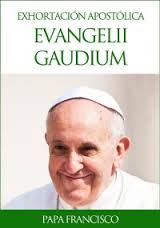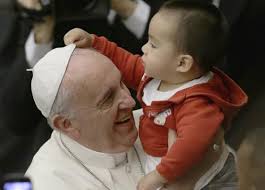Evangelii Gaudium: The Rest of the Story
Devra Torres | May 19, 2014
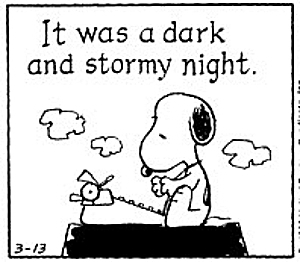
In the grip of blogger’s block this week, I've decided to let Pope Francis do most of the talking. Here, then, are some eye-catching thoughts from Evangelii gaudium, which I've been reading lately.
EG isn't trending anymore. (IFunny to think that an apostolic exhortation ever was!) Still, tt's worth revisiting. When it first came out, many were disproportionately preoccupied with the translation of however you say "trickle-down economics" in Italian,

and we missed some memorable thoughts on other subjects. Here are a few phrases that caught my eye:
“Aggressive tenderness”
Christian triumph is always a cross, yet a cross which is at the same time a victorious banner borne with aggressive tenderness against the assaults of evil. The evil spirit of defeatism is brother to the temptation to separate, before its time, the wheat from the weeds; it is the fruit of an anxious and self-centered lack of trust. (85)
Tenderhearted people like Pope Francis are sometimes assumed to be soft on principle, or even soft in the head. As I noted in my still-topical post, Why You Shouldn’t Worry About What Pope Francis Might Do Next:
[Some wonder:] He seems like a loveable, kindhearted old man, but is he up to the job of implementing serious reform?
How to put this? Do you (like me) have any Latin Americans in your family? If you do, you may have a certain insight into Papa Francisco's character. You’ll know that someone can be charming, sociable, and able to get along with all kinds of people without being in the least soft-headed, manipulable, or short on principle. A person can be both sweet and tough.
The top two attitudes Pope Francis most fervently desires to pound into our heads might very well be warmhearted tenderness and resolute engagement in battle. Any contradiction between soft-heartedness and hard-headedness is purely imaginary.
* * * * *
“Spiritual desertification”
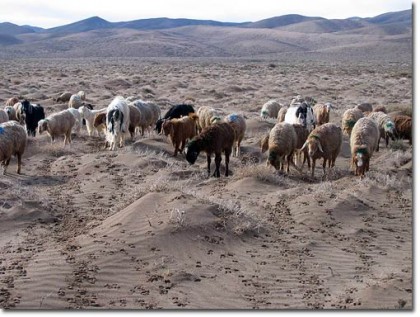
In some places a spiritual desertification has evidently come about, as the result of attempts by some societies to build without God or to eliminate their Christian roots. In those places, "The Christian world is becoming sterile, and it is depleting itself like an overexploited ground, which transforms into a desert."
from The Letters and Diaries of John Henry Newman, Vol. 3. (86)
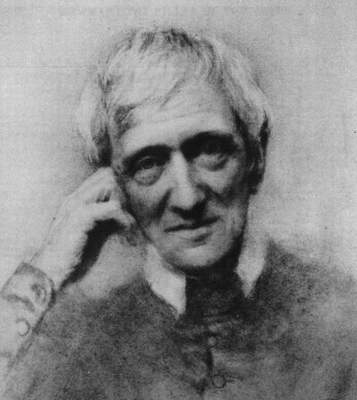
Some want to know: Why a “new evangelization”? What was wrong with the old one? I’m not sure how far the desertification analogy can be pushed, but it does seem that Europe and North America are in the grip of a kind of exhaustion, a depletion of nutrients.

In the U.S, we’re busy planting what looks like corn and wheat—everything seems normal—but the nutrition has apparently been genetically modified out of them. A few decades ago--some would say much earlier--something similar happned with evagelization. CCD classes, conferences, seminars and theological publications kept being churned out, but the substance was missing or replaced by imitation ingredients. A whole new approach was needed.
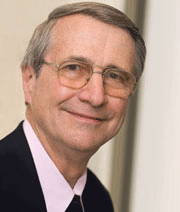 As Peter Kreeft puts it, what’s new is not the "evangel" part—the Gospel isn't inadequate or obsolete—but the “ization” part: the approach.
As Peter Kreeft puts it, what’s new is not the "evangel" part—the Gospel isn't inadequate or obsolete—but the “ization” part: the approach.
* * * * *
“Spiritual consumerism”
Isolation, which is a version of immanentism, can find expression in a false autonomy which has no place for God. But in the realm of religion it can also take the form of a spiritual consumerism tailored to one’s own unhealthy individualism. (89)

Material consumerism is bad enough. but when that attitude seeps into the interior life, it's even more poisonous. It makes you see yourself as the customer (who is, after all, "always right"), declaring from on high whether the spiritual products on offer suit your taste and satisfiy your standards of quality control.
* * * * *
“Spirituality of well-being”
In other parts of our society we see the growing attraction to various forms of a “spirituality of well-being” divorced from any community life…(90)
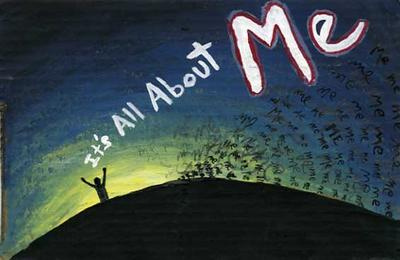
There’s an approach that treats religion as a self-help technique. Once you become convinced that God exists, is able to help, and takes an interest in your troubles, you might presume you've arrived in the realm of “faith” and can now stagnate there.
But you might unknowingly be seeing Him as a force to be harnessed, a tool for securing your satisfaction. You might not be acknowledging Him as a personal being at all. Lots of people who say they’re “spiritual but not religious” seem to have this kind of thing in mind—tapping into a Power for the sake of their own feelings of inner harmony.
* * * * *
“Habríaqueismo”
This way of thinking also feeds the vainglory of those who are content to have a modicum of power and would rather be the general of a defeated army than a mere private in a unit which continues to fight.
How often we dream up vast apostolic projects, meticulously planned, just like defeated generals! …we waste time talking about “what needs to be done”—in Spanish we call this the sin of “habriaqueismo”—like spiritual masters and pastoral experts who give instructions from on high. (96)
“Habriaqueismo” might be translated “somebody-oughta-ism.”
* * * * *
“So what are we waiting for?”
All the baptized, whatever their position in the Church or their level of instruction in the faith, are agents of evangelization. …the Samaritan woman became a missionary immediately after speaking with Jesus…So too Saint Paul, after his encounter with Jesus Christ…”immediately proclaimed Jesus.”…So what are we waiting for? (120)
After the initial shock of seeing so much trust placed in "all the baptized," you can see the sense of this. Not everyone's called to be a professional apologist, but Francis is certainly not about to let the rest of us off the hook. I like this passage, too, because I'd bet it's the first time ever that "so what are we waiting for?" has graced the pages of a papal document.
That's all I've got. I encourage you, of course, to read the whole thing
